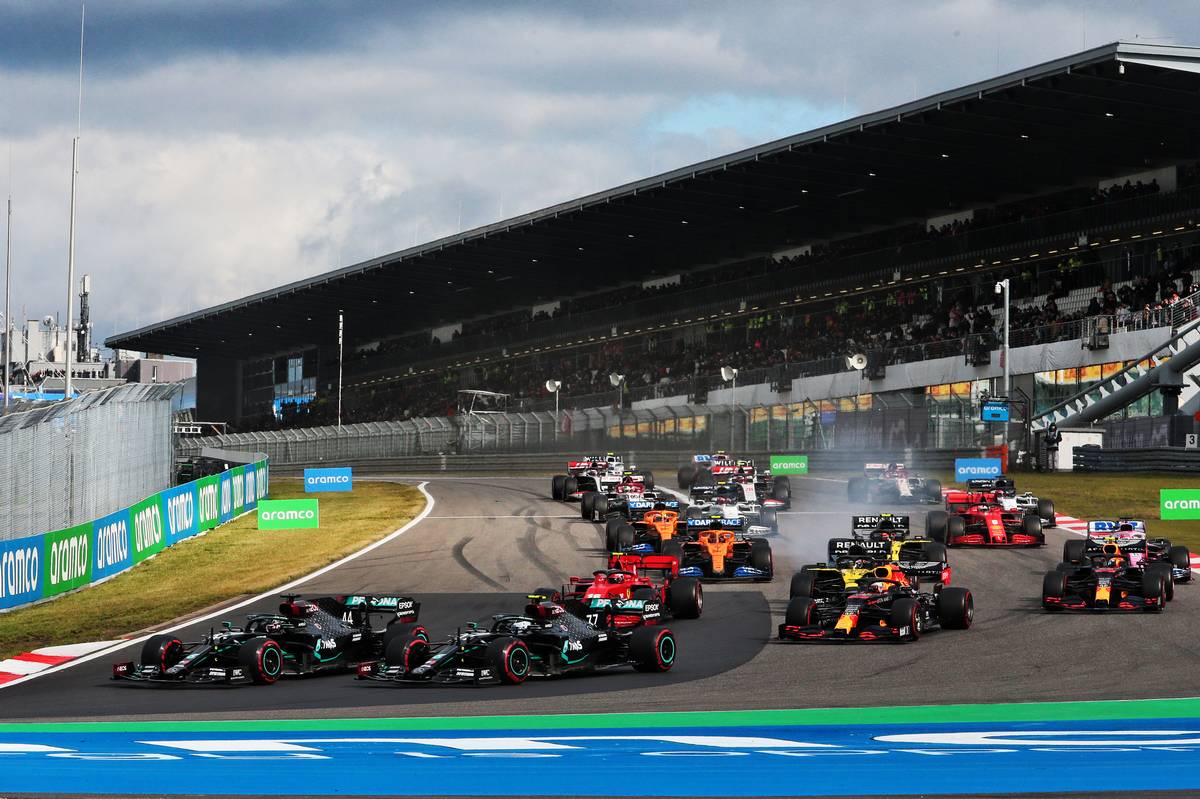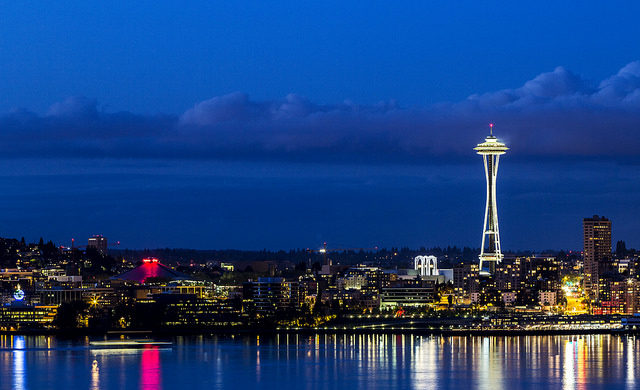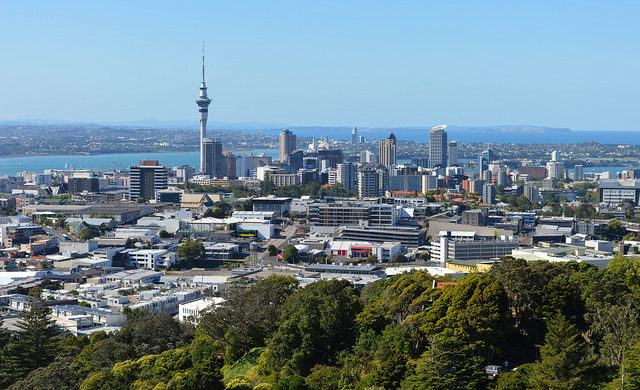Germany’s F1 drought to persist as Nürburgring rules out return
Germany, a nation with deep ties to Formula 1 through its motorsport heritage and the presence of Mercedes,... The post Germany’s F1 drought to persist as Nürburgring rules out return appeared first on F1i.com.

Germany, a nation with deep ties to Formula 1 through its motorsport heritage and the presence of Mercedes, is set to remain on the sidelines of the F1 calendar for the foreseeable future.
Hopes for a German Grand Prix revival have once again been dashed, with officials at the Nürburgring confirming that the iconic venue cannot afford to host a Formula 1 race under the current financial model.
The circuit last hosted an F1 race in 2020 during the pandemic-affected season, staging the Eifel Grand Prix, which was won by Lewis Hamilton.
Since then, Formula 1 has not returned to Germany, despite the country's historical importance to the sport.
The announcement that the Belgian Grand Prix will transition to a rotational schedule from 2028 raised speculation about a potential German Grand Prix sharing the slot with Spa-Francorchamps.
However, Nürburgring officials have unequivocally ruled themselves out of the running.
Financial Constraints Make Hosting Unviable
Alexander Gerhard, a spokesman for the Nürburgring, outlined the financial challenges facing the historic circuit when it comes to hosting an F1 race.
He stressed that the financial burden is insurmountable for a privately owned entity without external financial backing.
Read also:
“For these reasons, the plan is not feasible for us as a private company in this form,” Gerhard told Sky Sports Germany.
“Since the last discussion, more than a year ago, no further talks have taken place with the organiser of the series.”

Hosting a Formula 1 race involves a hefty price tag, with promoters required to pay significant hosting fees to Formula 1.
Unlike government-backed events in other countries, German circuits lack such subsidies, leaving ticket sales as the primary revenue source.
Gerhard’s remarks underscore the precarious economics of hosting an F1 event without state support.
While Spa-Francorchamps receives a subsidy from the local Walloon government, organisers of the Belgian Grand Prix now see a rotational event as a better compromise and a less risky endeavor in the long term.
Hockenheim’s Potential Revival
While the Nürburgring is out of the picture, attention has turned to Hockenheim, which shared the German Grand Prix with the Nürburgring in years past.
The circuit, which faced financial difficulties a decade ago, is undergoing significant redevelopment under the management of the Emodrom Group.
Tim Brauer, managing director of Emodrom, expressed cautious optimism about Hockenheim’s ability to bring Formula 1 back.

“We have been working in the background for more than four years to further develop the Hockenheimring as a leading racing circuit and are now keen to realise future-oriented projects,” he told Welt.
“Of course, we are also thinking about Formula 1, but we approach such considerations with great caution.
“We are not going to do anything crazy financially, but we are trying to find ways to bring Formula 1 back to Germany.”
Stiff Competition for Calendar Space
Even if Hockenheim succeeds in securing the funding needed to host an F1 race, it faces stiff competition.
Formula 1’s calendar is already at its 24-race limit, with interest from new markets such as Africa and Thailand growing.
Existing low-paying venues are also exploring rotational agreements, further complicating Germany’s prospects of rejoining the schedule.
It remains to be seen whether Germany will overcome these challenges and return to the Formula 1 fold, but for now, the country’s absence creates a conspicuous void in the sport’s European heartland.
Keep up to date with all the F1 news via X and Facebook
The post Germany’s F1 drought to persist as Nürburgring rules out return appeared first on F1i.com.







































































